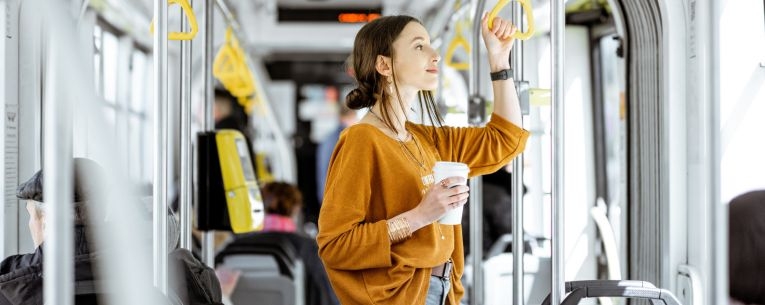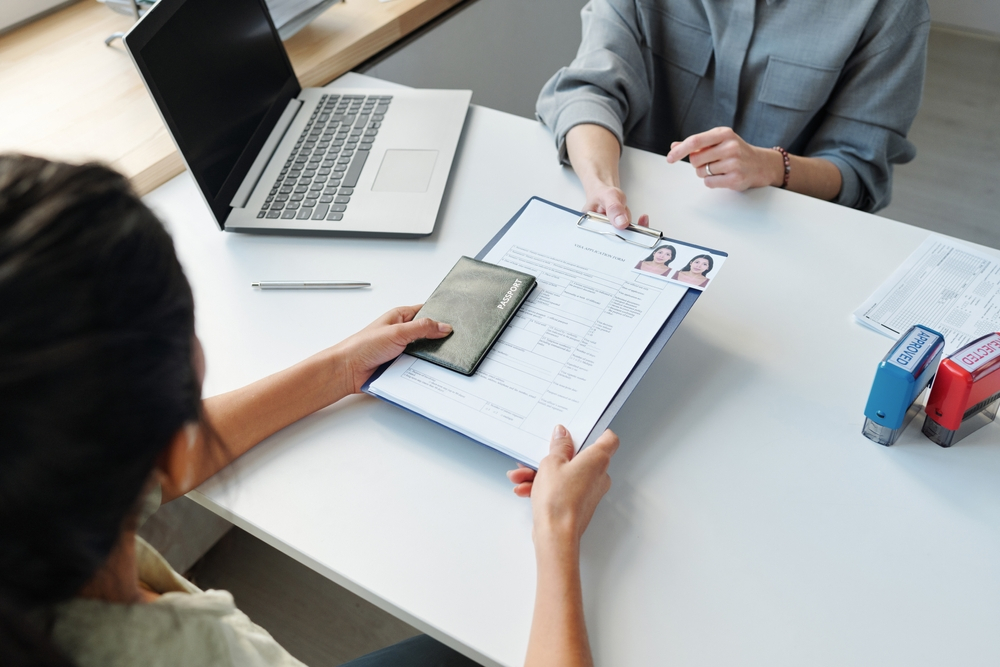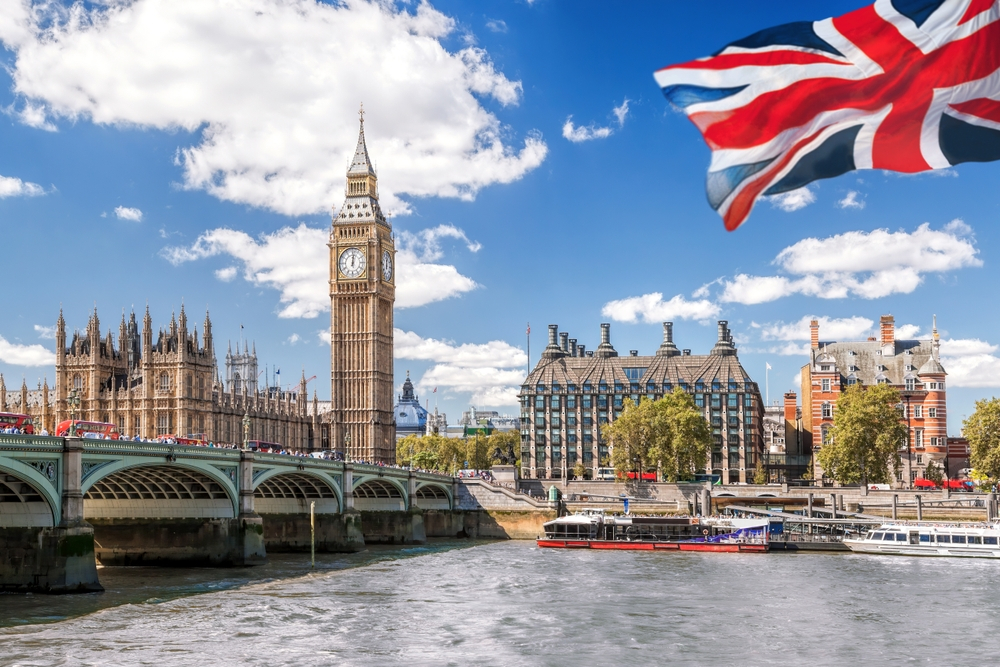Relocating to a new country is a big step, especially if it’s your first time. Whether you’re moving for work, studies, or to start a new life, preparing the right way makes your transition smoother. From learning the basics of local systems to adjusting your mindset, knowing what to expect helps you settle faster and avoid costly mistakes. This guide gives you simple, clear, and helpful tips every first-time immigrant should know to live comfortably and confidently abroad.
Research Your Destination Before You Move
Understanding your new country before you arrive helps you prepare better.

- Learn about the culture: Know basic customs, greetings, and social behavior. This reduces culture shock and helps you blend in.
- Understand the cost of living: Check housing, food, transportation, and healthcare costs so you can budget well.
- Find out legal requirements: Know visa rules, work permits, or residence obligations.
- Know local laws and rights: Understanding your legal rights helps you avoid trouble and protect yourself.
The more you know in advance, the fewer surprises you’ll face.
Secure Important Documents
Having the right documents ready saves you from delays and problems.
- Valid passport and visa: Ensure they are up to date and meet the country’s entry rules.
- Educational and work credentials: Bring certificates, diplomas, or reference letters if you’re seeking a job or school placement.
- Health records: Immunization history and other medical records may be required.
- ID copies: Keep digital and physical copies of your documents in case of loss.
Organize your documents in a waterproof folder or digitally stored for quick access.
Read: Cover Letter Hacks: Write a Cover Letter That Gets You the Interview
Plan Your Finances
Money matters a lot when you’re starting fresh in a new country.
- Open a local bank account: This helps you receive payments, pay bills, and avoid high fees.
- Create a budget: Include rent, transport, food, and emergency savings.
- Know the exchange rate: Understand how your home currency converts so you avoid overspending.
- Avoid debt early on: Live within your means and grow your financial base slowly.
Proper budgeting gives you peace of mind and control.
Find a Place to Stay Safely
Where you live impacts how quickly you adjust.
- Book temporary housing before arrival: Use platforms like Airbnb or booking sites.
- Explore neighborhoods: Choose areas near public transport, grocery stores, and safe surroundings.
- Compare rental prices: Use local listings or apps to find good deals.
- Check lease agreements carefully: Understand your rights and responsibilities as a tenant.
Start in a temporary space, then upgrade once you learn the area.
Learn the Local Language (Even the Basics)
Communication is key to feeling confident and getting things done.

- Start with essential phrases: Learn greetings, directions, and shopping terms.
- Use apps like Duolingo or Babbel: Practice daily to improve gradually.
- Join free or low-cost classes: Many cities offer language support for newcomers.
- Watch local TV or YouTube: Exposure helps you pick up everyday words.
Language helps you connect with people and reduces isolation.
Build a Support Network
Don’t isolate yourself. A good network makes life easier.
- Join local immigrant groups: They offer advice, job leads, and emotional support.
- Connect with coworkers or classmates: Build friendships through daily interaction.
- Find cultural communities: Look for places of worship or ethnic associations.
- Volunteer or attend local events: This helps you give back and meet people.
Having people to talk to eases homesickness and helps you feel part of the community.
Read: Mastering the Behavioral Interview: 15 Real Scenarios & Winning Responses
Understand Healthcare and Insurance
Getting sick in a new country without coverage is risky.
- Register for public health systems if eligible: Some countries require you to sign up after arrival.
- Buy private health insurance: Especially important if there’s a waiting period for public coverage.
- Find local clinics or hospitals: Know where to go in case of emergency.
- Keep a basic first aid kit and necessary medications: In case access to a pharmacy is limited.
Healthcare preparation helps you avoid panic during emergencies.
Get Familiar With Transportation
Knowing how to get around helps you feel more independent.

- Learn the public transport system: Buses, trains, or metro apps are helpful.
- Buy transport passes: These save money on daily travel.
- Know driving rules if you plan to drive: You may need to convert your license.
- Use maps and GPS: Navigate safely and efficiently in new areas.
Understanding local transport gives you freedom and confidence.
Read: Ace the Virtual Interview: Tips for Nailing Your Next Zoom Interview
Follow Local Laws and Stay Legal
Staying on the right side of the law is a must.
- Follow visa or permit rules: Know the expiry dates and renewal process.
- Avoid overstaying: Penalties can block your future plans.
- Respect local customs and regulations: Especially on issues like alcohol, clothing, or public behavior.
- Keep emergency contact numbers handy: In case of legal or personal issues.
Being law-abiding keeps your record clean and protects your stay.
Stay Open-Minded and Patient
Adjusting takes time. The right attitude makes a big difference.
- Expect ups and downs: Some days will be exciting, others may be tough.
- Be curious and willing to learn: Explore food, people, and places with an open heart.
- Don’t compare too much: Focus on making the best of where you are.
- Celebrate small wins: Every step forward is progress.
Staying positive helps you enjoy the journey and grow from the experience. Living abroad for the first time comes with challenges, but the right steps can make it rewarding. From planning your move to adjusting emotionally and financially, each step builds your foundation in a new country. With this guide, you can move forward confidently and settle into your new life with less stress and more success.


